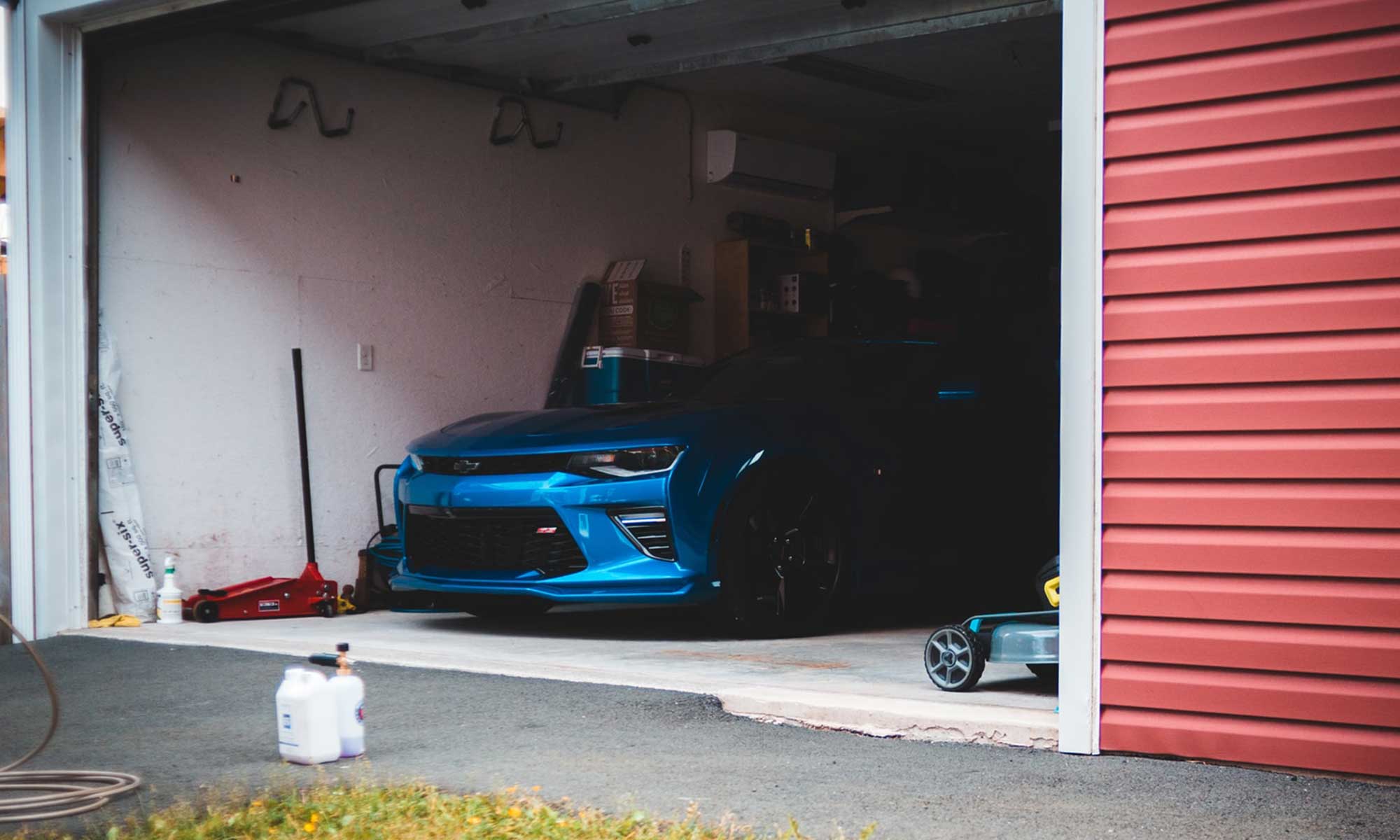
It’s summer time or you’ve finally gotten comfortable enough to splurge a little on a beautiful new convertible. Of course you go to the dealer and that ask you: hard-top or soft-top?
Now of course both are stylish and have their pros and cons. What pushes you from one option to another can ping pong from price and cargo space to maintenance costs to a simple test of how quick that top drops.
Today on shoptalk, we’re going to talk shop on tops: four reasons to go with a soft-top over a hard-top and four reasons why you go with hard-top over soft.
GET A SOFT-TOP
Space: The Final Frontier
Most convertible tend to be sized small to the point where every cubic inch is precious in the cargo. With the way soft-tops are built, you’ll actually get more room inside. That is because hard-tops fold into the trunk to be stored and thus take up more space than would a soft top.
Lose a Few Pounds
A soft top consists of fabric and either a plastic or glass rear window. In any case that means it can offer a lot of weight savings when compared to the much heavier hard-top options. That means without the added weight of a hard top, the convertible’s trunk will not be as loaded down as that of a hard top which actually adds up to 100 pounds or more compared to a similar soft top.
Drop It Like It’s Hot
Soft-tops can go up or down faster much faster than a hard-top. In fact, most soft-tops can be operated at slightly higher speeds while driving than hard-tops, so you can let your hair loose (if you still have some) on a whim.
Money, Money, Money
Hard-tops tend to feature more mechanical and electrical components and because of that, they just cost more than soft tops depending on the model. They are also harder to repair than hard tops and a soft top could save you money, cheaper parts and fewer things that can go wrong
GO HARD-TOP

Safety Dance
We at Endurance can only cover vehicle breakdowns but we know for a fact that nobody wants to think about getting into an accident either. This is especially true if your search for that great car involves older models (our specialty), having a literal solid roof over your head may indeed be the safer choice. While both hard and soft tops feature roll bars behind the front passenger seats, there is an added level of security and safety to hard tops that cannot be replicated on soft tops.
Noise/Weather Insulation
Hard-tops are built very similarly to conventional roofs. And thus, hard tops offer much better insulation against the elements. Of course, weather isn’t the only thing that a new or used hard-top sometimes insulate against; that road noise your hear that’s getting in the way of you perfect Taylor Swift playlist road noise might be significantly reduced, too.
Theft-Beware
Since the standard hard-top rear window is always glass it helps to reduce the threat of theft. An older soft-top with a plastic rear window is actually more likely to be stolen or vandalized, since that window can be slashed easily with a pair of scissors.
The Last Top You’ll Need
Soft tops are sensitive to damage or cracking, and may need to be replaced at any point during your vehicle’s lifetime. At high speeds, soft tops can tear and replacing one can get tedious. Hard Tops don’t have any of those problems.

So Endurance Shoptalk readers: Would you prefer the coupe-like appeal of a hard-top or the simplicity nature of a soft-top?







